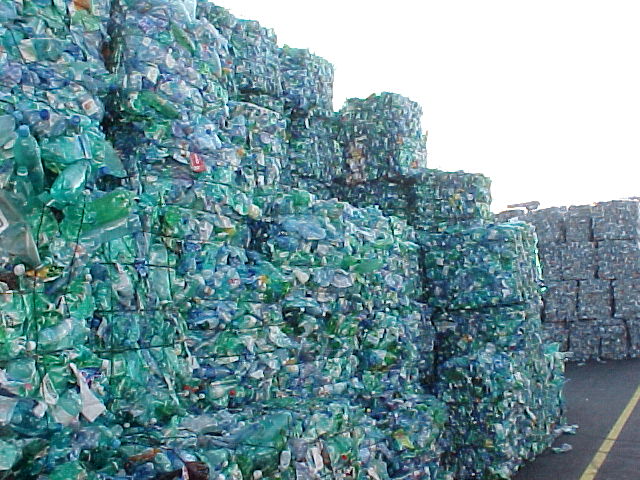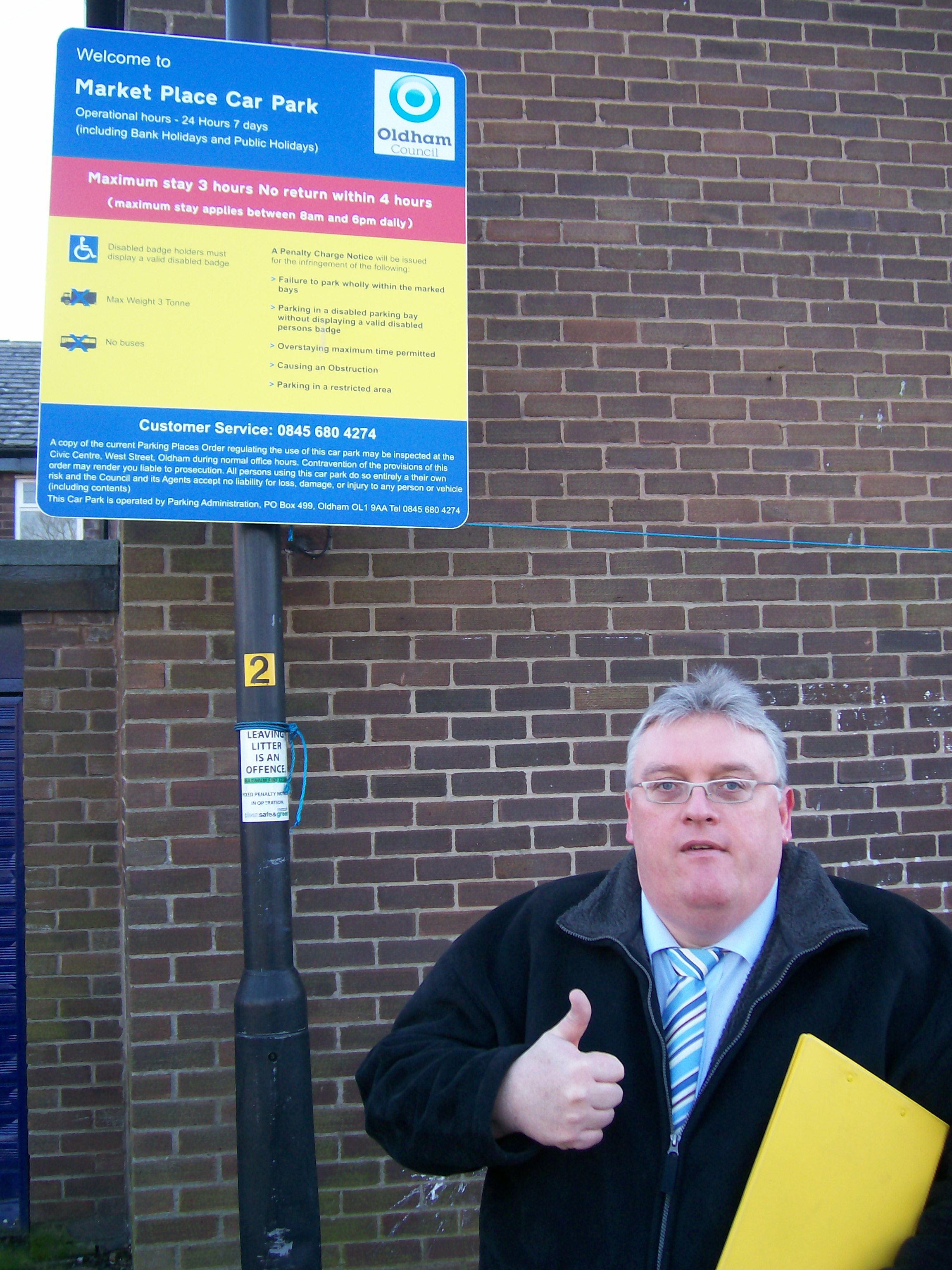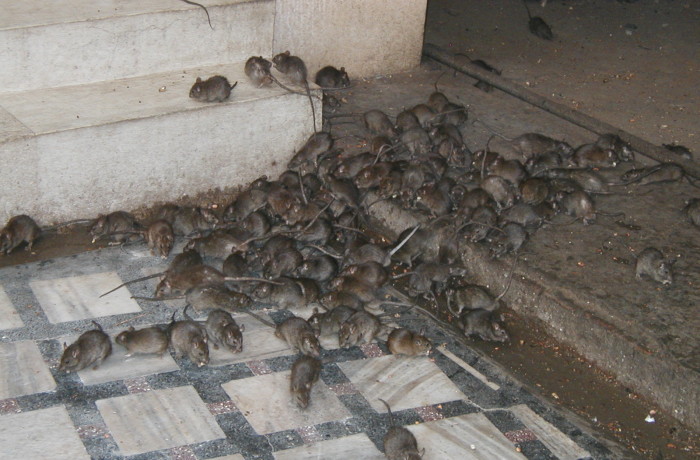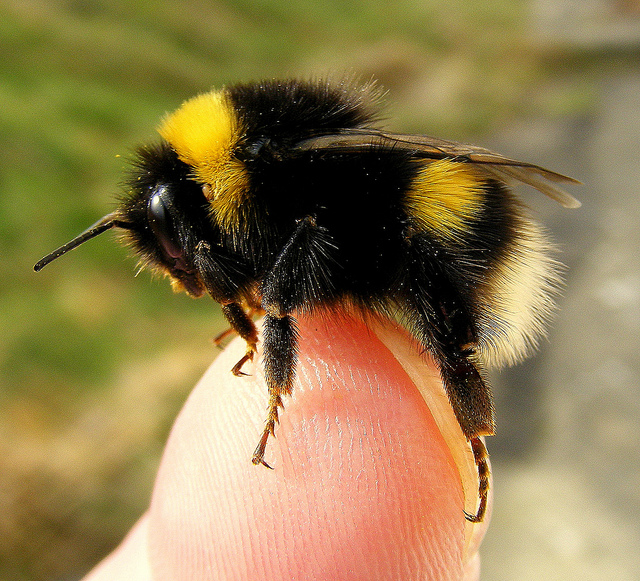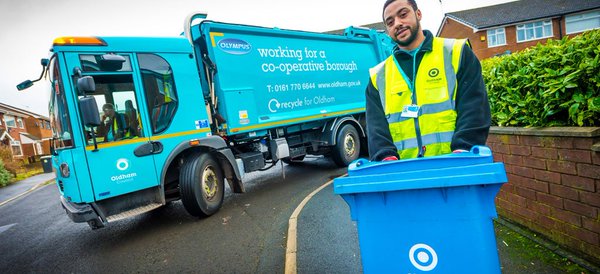I get a lot of queries about why certain things are not recycled.
Below is a comprehensive response to one of my recent queries regarding plastics recycling, specifically whether there are markets for PET trays.
The current position is that there are well established markets for bottle derived PET but not PET trays.
The Waste and Resources Action Programme (WRAP) undertake market studies each year for the main recyclable materials including plastics and the 2016 plastics report published in April this year concludes that there are “no current end markets for separately baled clear PET trays”.
There are a number of reasons for this but principally the plastics reprocessors prefer the bottle PET as this is high quality and will not have been blended with lower quality polymers which is what happens with some trays.
The current suppressed oil price is also reducing demand for recycled plastics as plastics produced from raw hydrocarbons are actually cheaper to produce at the moment.
Plastics recycling is driven by economics and demand. There are now c. 70% of local authorities collecting pots, tubs and trays on the back of public demand.
Based on data on the WRAP website, around 62% of all plastics collected (household and commercial) in the UK actually ends up being disposed of rather than recycled. This is as a result of market demand.
This is a very disappointing statistic and needs action at a national level to address this. Greater Manchester Waste Disposal Authority (GMWDA) is lobbying for consistency in the use of plastic polymers for pots, tubs and trays.
There is a good market for poly – propylene (PP) yoghurt pots but not all pots/trays are made of PP, instead cheaper alternate polymers are used that reporcessors do not want.
If PP has a sustainable market then a simple solution is for packaging manufacturers to consistently only use PP. That will require either legislation or a binding commitment to implement that change, hence the need for central Government action to address this.
Other councils do collect these pots, tubs and trays but with the limitation on markets, very little of the non bottle plastic will actually be recycled, the most likely outcome will be that these materials are separated from the plastic bottles and then treated as a residue for energy generation.
These is a lot of detail on recycling on the WRAP website www.wrap.org.uk that may be of interest to people.
Also below is a link to the Recycle for Greater Manchester website, which also contains information on frequently asked questions on recycling.

